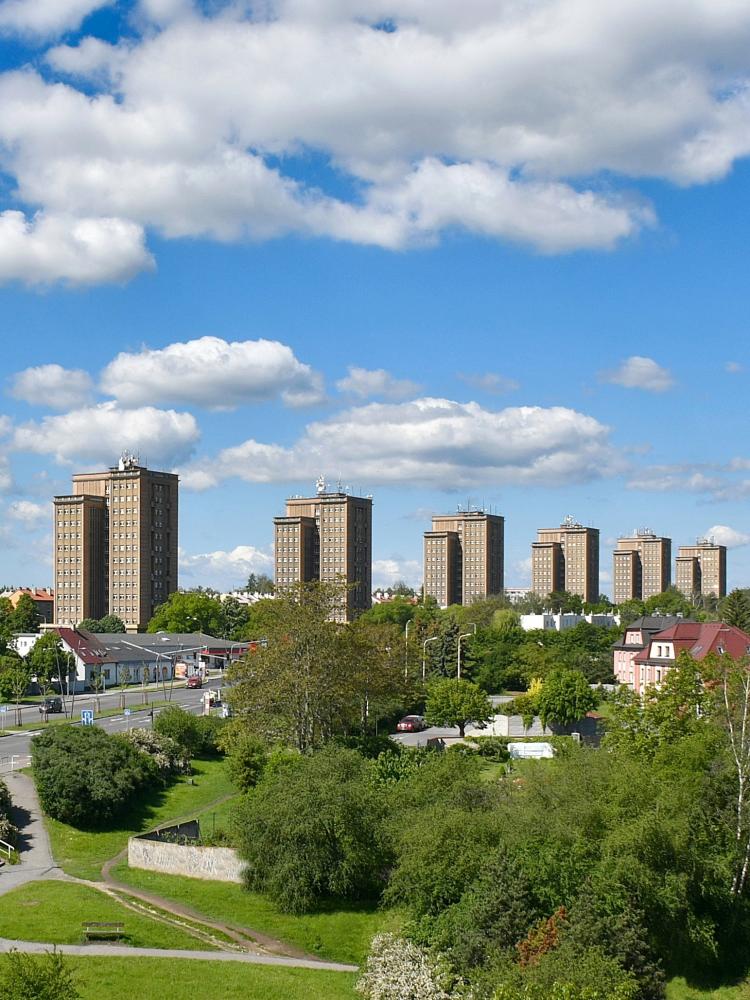Living energy observatory for citizens in Kladno
Kladno intends to help its citizens and creates an innovative mechanism dealing with energy challenges. The citizens and other clients will have a chance to consult their needs regarding the renovation of the buildings, renewables installations, innovative projects, energy communities, pricing, etc. The project proposal was submitted to a program of the European Commission called LIFE.
Helping the citizens and households is the right pathway to react to energy and climate challenges. The total energy consumption for the housing stock in 2020 was approx. 354 MWh, which is 144 t CO2. The problem in the city is the slow pace of building renovation, the low use of clean energy production, e.g. from solar, water, wind energy, and the lack of implementation of innovative and technological measures. The situation is now getting worse since the energy crisis hit the city incl. its citizens, companies, and other partners (low investments, high prices, etc.)
A broader set of priorities and measures has been set up by the projects, such as achieving higher energy efficiency (and thus energy savings in general), reducing emissions of harmful substances, increasing the production of renewable energy, especially from the installation of photovoltaic power plants, heat pumps, wind and other technologies, and thus the share in the overall mix, increasing investment and leverage in the regional economy.
The project consists of activities also dealing with connecting learning in the schools, practical demonstration of the smart energy solutions, and increasing awareness of the goals set up in the city´s SECAP 2050.
The city embarked on a path to greater energy responsibility several years ago by joining the international SPARCS project, under which several specific investments in the renovation of urban buildings for energy savings, the use of renewable resources, or the expansion of low-emission transport have been designed. As part of its living observatory, the city plans to bring together experts from the city and beyond, and the idea of helping citizens move toward modern energy solutions to spread among other cities and towns.
During the final stage of preparation, the city received formal support from several partners – Association of Energy Managers of Cities of the Czech Republic (SEMMO), Chance for buildings (Šance pro budovy), ČVUT UCEEB, Fraunhofer Morgenstadt, city of Kifissia, city of Lviv, city of Reykjavik, European grouping for territorial cooperation Via Carpatia. Replication and sharing of the results are thus foreseen.
Now, the city team is waiting for the decision from the evaluation process.

